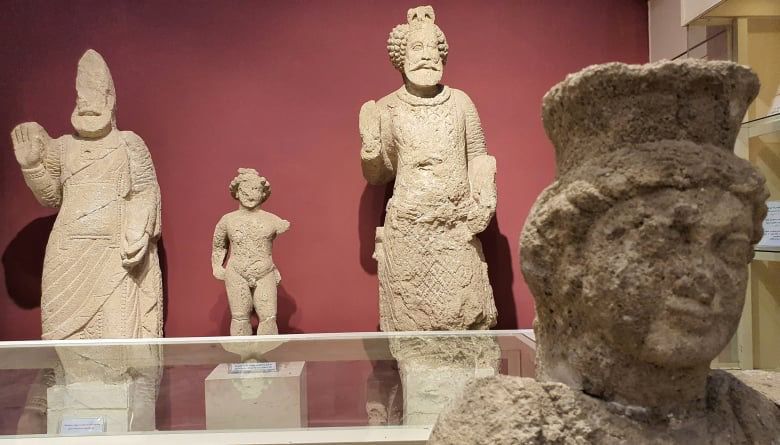The Erbil Museum, founded in the mid-1960s, began as a modest building in the Minara district. It was later relocated to the Erbil Citadel after the nationalization and renovation of heritage houses. This marked the official establishment of the Erbil Museum, which received numerous archaeological artifacts from Baghdad, spanning multiple historical periods.
Construction of the museum building was completed in 1989. Today, the Erbil Civilization Museum is home to a rich collection, including artifacts from the Stone Age. Among the key exhibits are items from early human societies in northern Mesopotamia, where caves served as early dwellings. A notable display is a plaster cast of a Neanderthal skull, the original of which dates back 60,000-45,000 years.
The museum also showcases stone tools such as knives, grinding stones, and mortars, all dating back to the Neolithic period, around 10,000 years ago. Other highlights include artifacts from the Jarmo period, which represent the world’s earliest agricultural community. Located in the highlands of Chamchamal, near Kirkuk, Jarmo is considered one of the oldest agricultural villages where humans first practiced farming.
Additionally, the museum houses relics from the Eridoan period, linked to the ancient city of Erido, about 40 kilometers west of Nasiriyah. Excavations in the late 1940s uncovered intricately crafted pottery from this civilization, providing invaluable insights into the region’s early cultures.

